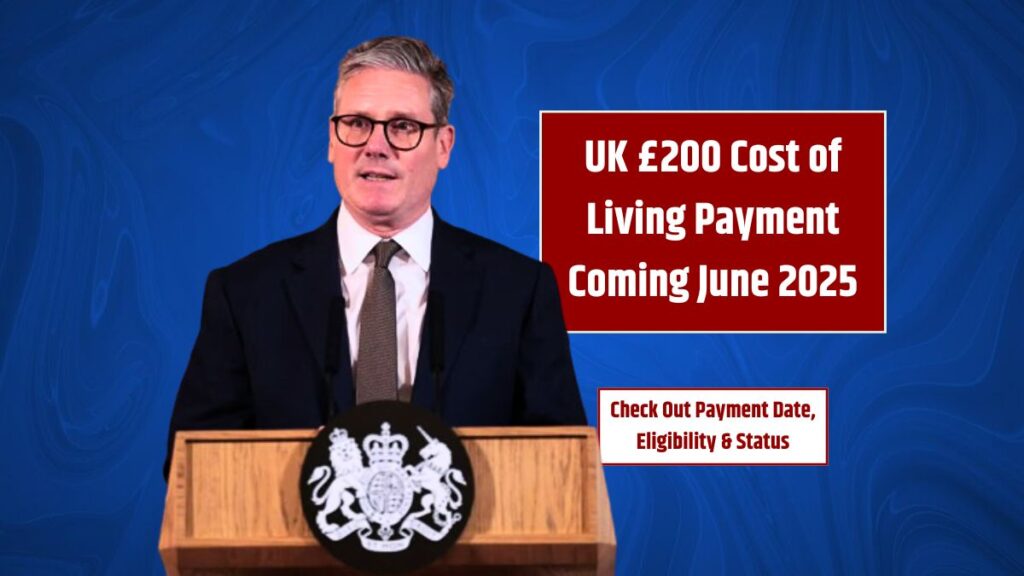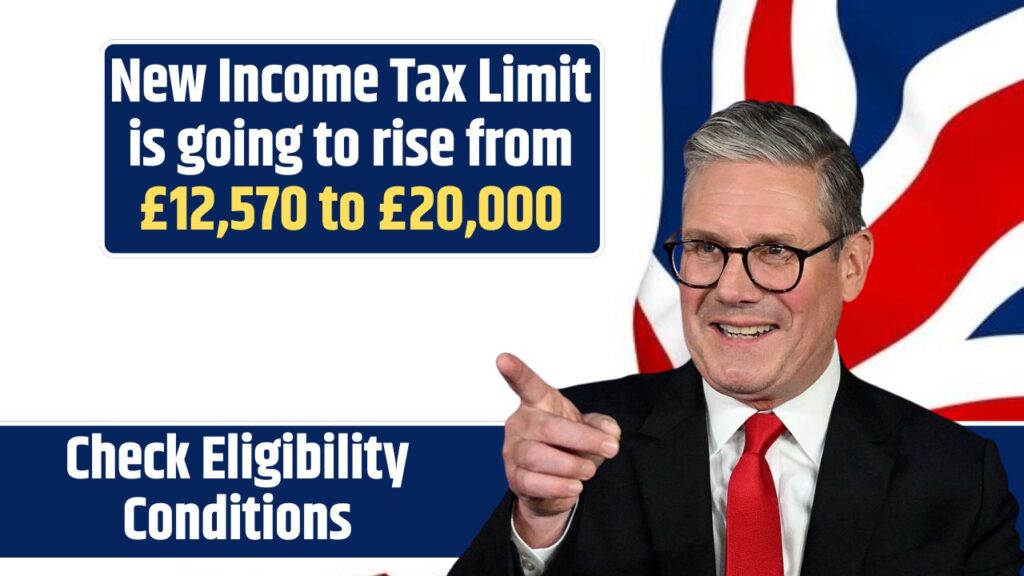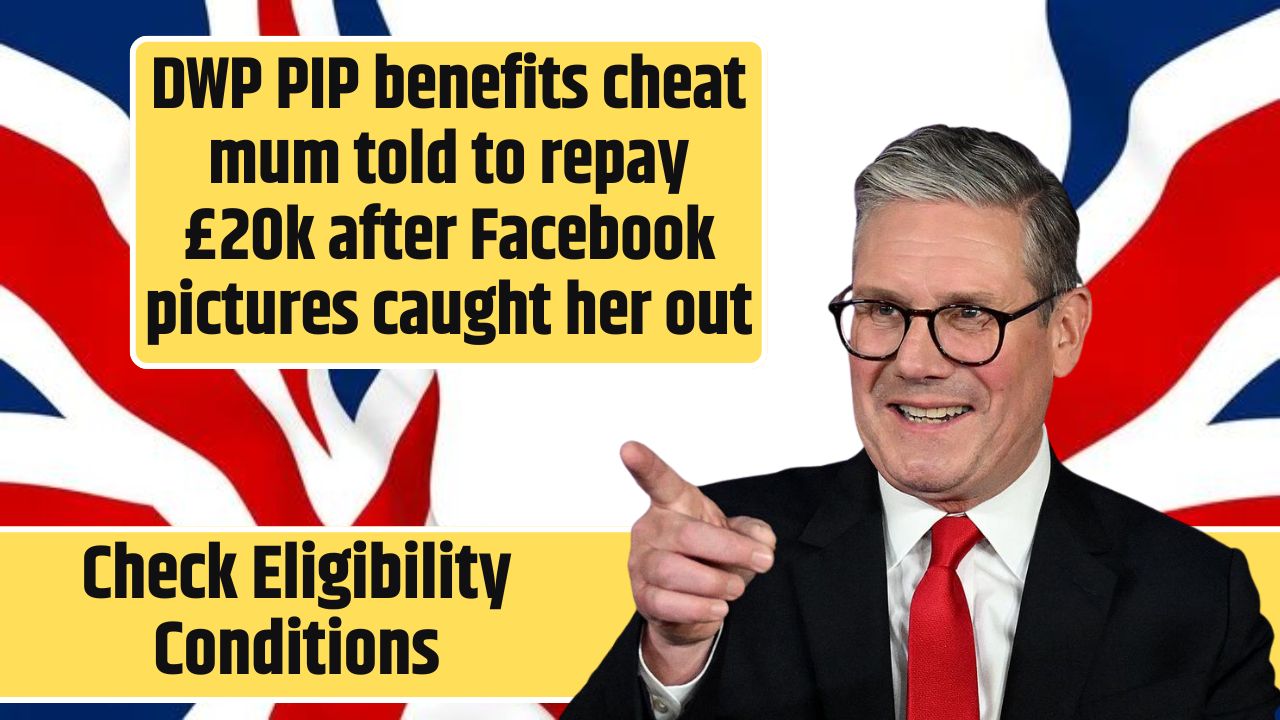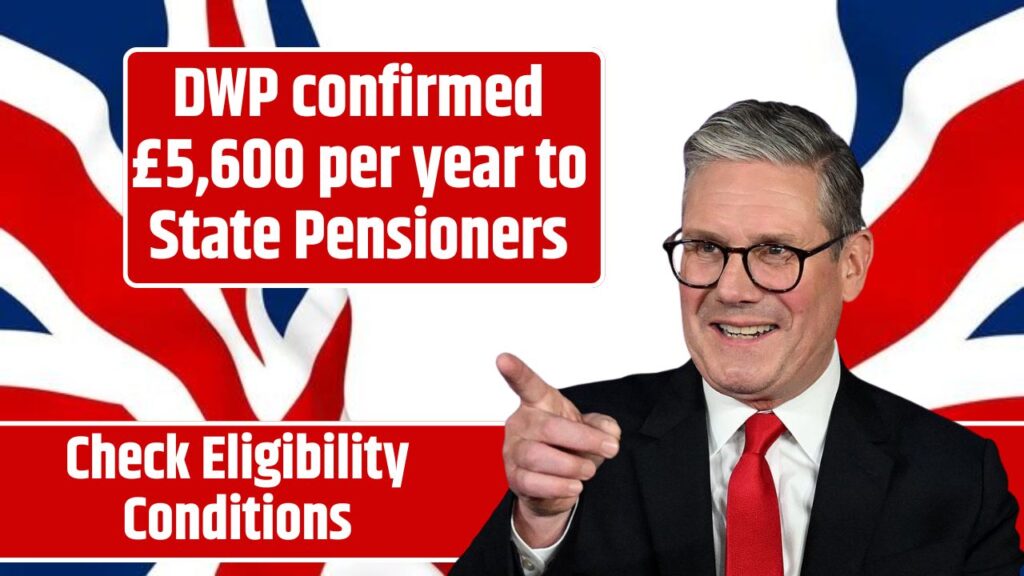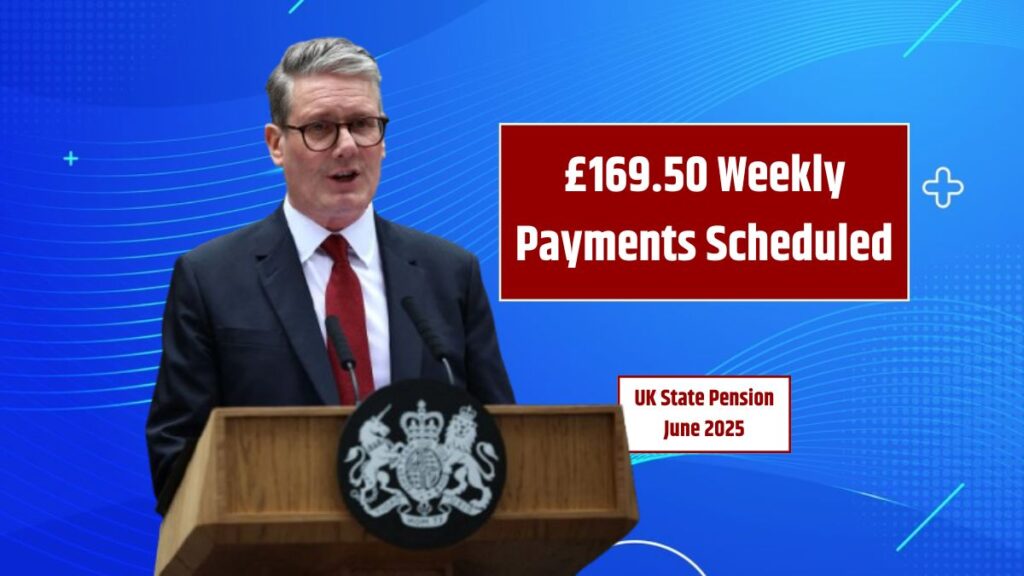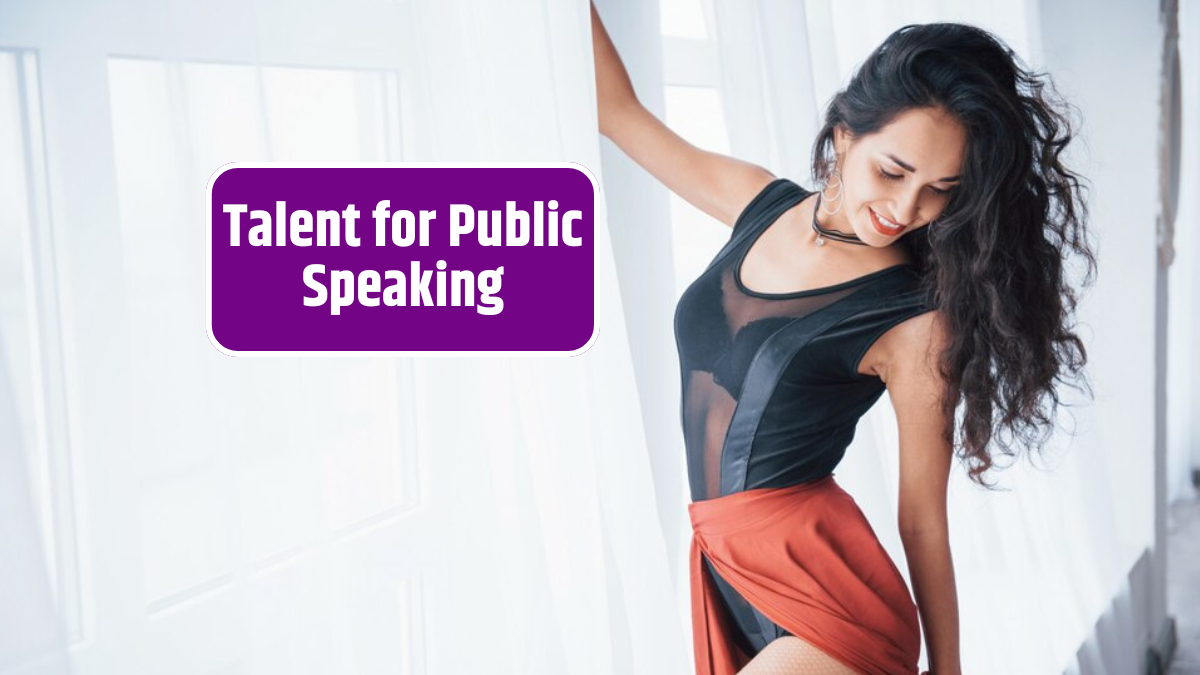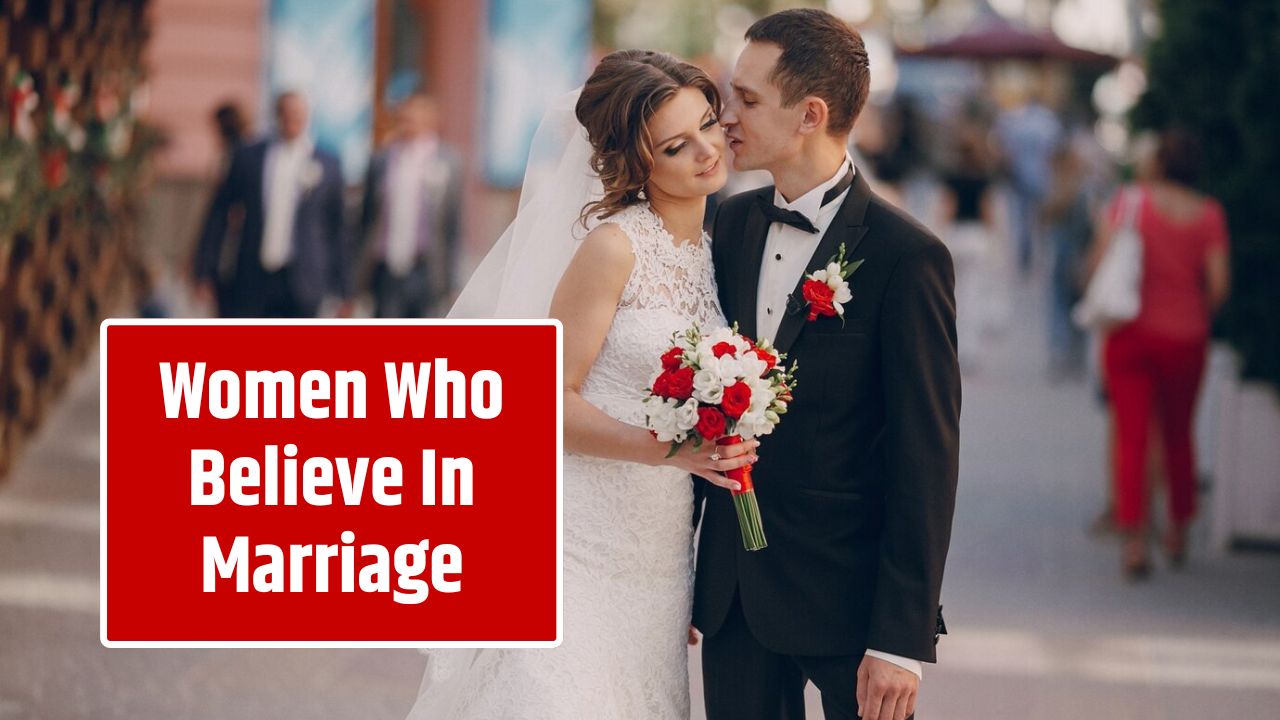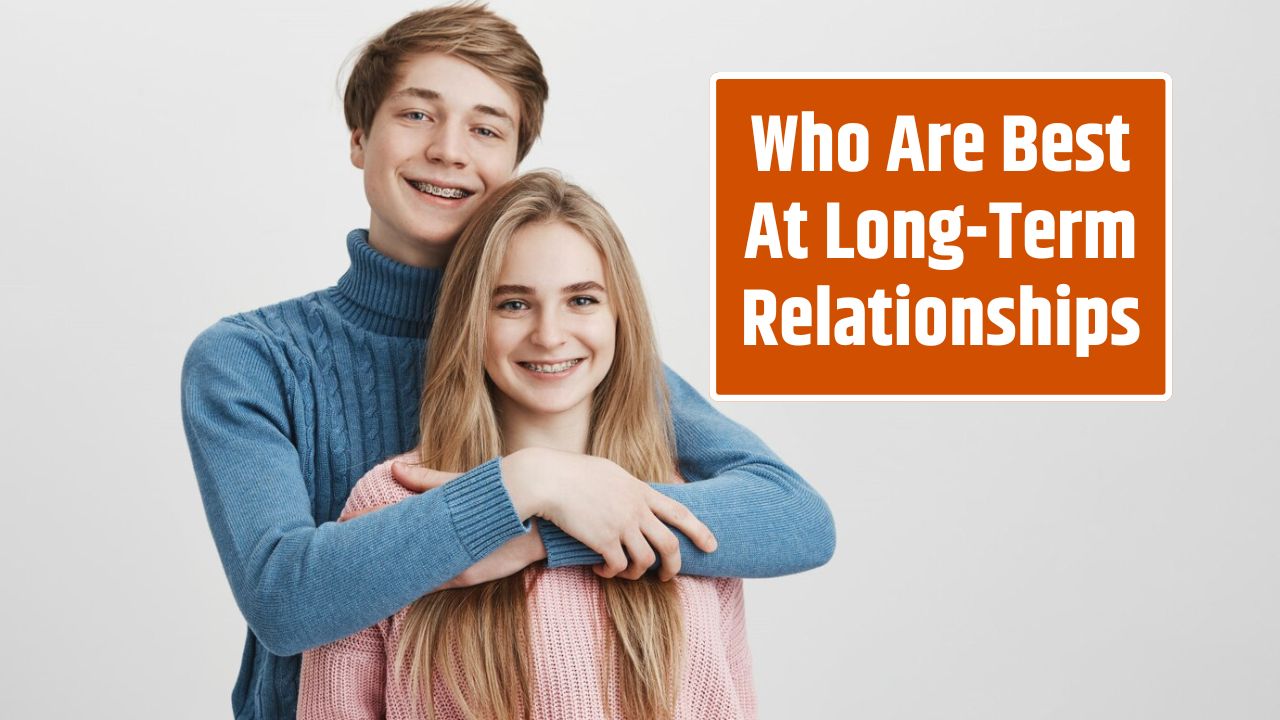After months of negotiations, budget battles, and a few political curveballs, New York State’s Fiscal Year 2026 Budget is locked in—and it comes bearing gifts. Governor Kathy Hochul’s long-promised inflation rebate checks are no longer just talk.
They’re being mailed out, bringing some much-needed financial relief to millions of New Yorkers.
Relief
Let’s cut to the chase: if you’ve been struggling with rising prices, you’re not alone—and the state is finally stepping in. Governor Hochul confirmed in a recent report that the first batch of New York Inflation Rebate checks is on the way. These checks are part of a $2 billion relief plan, offering direct payments to more than 8 million residents.
How much are we talking? Families can expect checks of up to 400 dollars, while individual taxpayers might see slightly less. It may not solve everything, but it’s a step in the right direction.
Budget
Here’s the big picture. New York’s FY 2026 budget is estimated at a hefty 254 billion dollars. Surprisingly, it manages to maintain a balanced outlook without raising state income or business taxes. That’s a win in anyone’s book.
The budget reflects a collaborative effort between Hochul’s administration and legislative leaders, signaling a commitment to fiscal responsibility without sacrificing public support. As the governor put it, “Good things take time,” and this package proves it.
Eligibility
Now, the golden question: who gets the check?
Here’s what we know:
- Families making under 300,000 dollars per year are eligible.
- Individuals earning less than 150,000 dollars per year also qualify.
- Final check amounts vary, capped at 400 dollars per family.
Originally, families were set to receive 500 dollars, but the amount was revised to accommodate budget constraints. Still, with rising prices cutting deep into everyday expenses, even a few hundred dollars can make a real difference.
Funding
Where’s the money coming from? Ironically, it’s inflation itself that’s footing the bill—sort of. The rebate program is being funded by excess sales tax revenue, which saw a significant boost due to the very inflation that’s hurting consumers. So in a way, it’s inflation fighting inflation.
Here’s a quick snapshot:
| Income Bracket | Max Rebate Amount |
|---|---|
| Families < $300,000 | Up to $400 |
| Individuals < $150,000 | Up to $300 |
Impact
This initiative doesn’t just offer short-term relief. It sends a message: the state is listening. Hochul’s team is aiming for a broader impact, helping families stay afloat while inflation continues to eat into paychecks.
With over 8.6 million taxpayers expected to benefit, this rebate could boost local economies, ease household strain, and even help cover rent, food, or child care. It’s not just about the money—it’s about momentum. It’s about the state showing up for its people when it counts.
In the end, this budget reflects both prudence and compassion. It’s not a magic fix, but it is a meaningful step. The checks may be small, but the signal is loud and clear: help is here.
FAQs
Who qualifies for the rebate?
Families under $300k and individuals under $150k income.
How much will the checks be?
Up to $400 per family and up to $300 per individual.
When will rebate checks be sent?
The first checks are already being mailed in 2025.
Is the budget raising any taxes?
No, it doesn’t increase income or business taxes.
Where is the funding coming from?
From excess sales tax revenue due to inflation.





